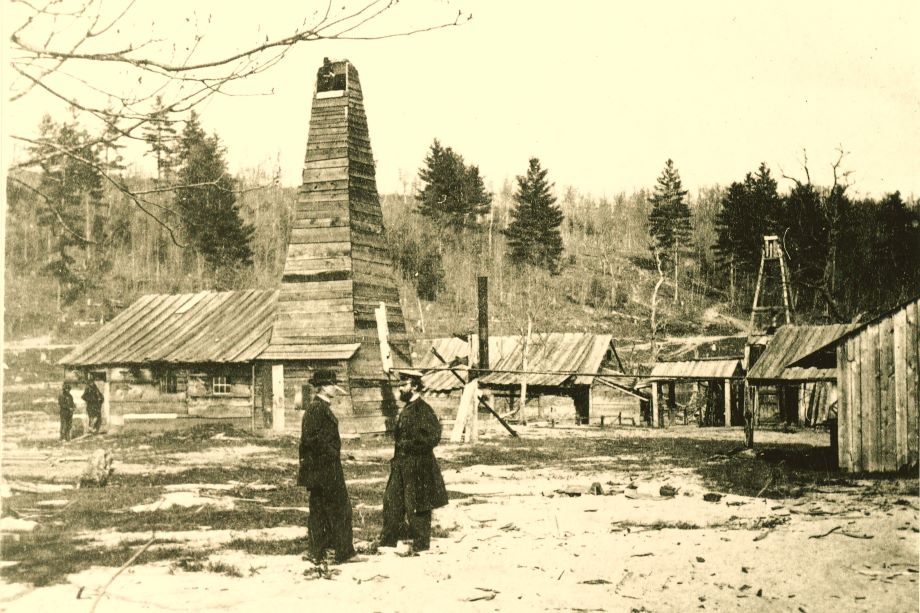Tips to Use LinkedIn Effectively for Job Hunting
Tips to Use LinkedIn Effectively for Job Hunting


Every human resources director, headhunter, or recruiter will tell you the same thing: the best way to find a job is through networking, which includes social media. The best social media networking tool for professionals is, without question, LinkedIn—yet, according to Wayne Breitbarth, author of The Power Formula for LinkedIn Success, most professionals don’t know how to use it properly, especially for job hunting.
To demonstrate how connected the engineering community is on LinkedIn, a recent search for the phrase “mechanical engineer” turned up 68,400 responses. There were 347 active postings for engineering jobs and a search of LinkedIn updates showed 2,183 mentions of “hiring mechanical engineers” from HR directors and recruiters.
That’s a powerful presence at your fingertips.
“Engineers and IT personnel tend to work alone and don’t go for the crowd,” says Breitbarth. “When I am teaching a LinkedIn class I can always pick out the engineers and IT specialists because they don’t seem to be engaged; however, after the event they usually come up and talk to me because I didn’t go deep enough.”
Breitbarth stresses that engineers must have the right keywords in the headline, job title, and summary of their LinkedIn profile. “It’s not good enough to simply say ‘senior mechanical engineer,’” says Breitbarth. “Be sure to include your engineering specialties as well, such as systems engineering, hydraulic engineering, etc.”
In general, engineers are not great writers and storytellers. “People expect engineers to communicate with scientific, technical jargon,” says Breitbarth. “Therefore an effective way to stand out from the rest of the job-hunting crowd is to show some personality and storytelling in your profile—employers will notice that.”
Build Those Connections
There’s a reason LinkedIn stresses building connections—it is a great way to network and create connections within your industry. This is especially true for engineers, who may not have the greatest networking skills and often work alone.
“Most people don’t realize how important their connections are,” says Breitbarth. “It is very hard to find a job through LinkedIn with only 30 or 40 connections. Increase that to 200 or more and you’ll get somewhere with your job hunt.”
The easiest first step is clicking on the job tab on LinkedIn’s opening page and typing in “mechanical engineer” to see what jobs are available.
Most companies also have a page on LinkedIn. Click the “Follow” button on the company page to receive the latest news and job postings (be aware, however, that the companies you follow will know you are following them).
Join industry groups that are a good match for your expertise and career objectives. These also often have job tabs where you can post your own job requirements at no charge.
Another useful job-hunting feature on LinkedIn that few people utilize is the alumni search.
“Go to Contacts and slide down to Schools,” says Breitbarth. “Here you can find all the people on LinkedIn who graduated from your alma mater, the years they attended, where they have worked and what they are doing now. Connecting with alumni is a very effective way to network.”
“Connections are the gasoline in the tank that makes the engine work on LinkedIn,” says Breitbarth. “If you are messing around as a job seeker at 20 to 50 connections, you are doing just that—messing around. Get serious. You know and trust 250 people who are on LinkedIn. Go out and get connected to them and LinkedIn may help you discover your next job or opportunity.”
Mark Crawford is an independent writer.
To demonstrate how connected the engineering community is on LinkedIn, a recent search of LinkedIn updates showed 2,183 mentions of ‘hiring mechanical engineers’ from HR directors and recruiters.



